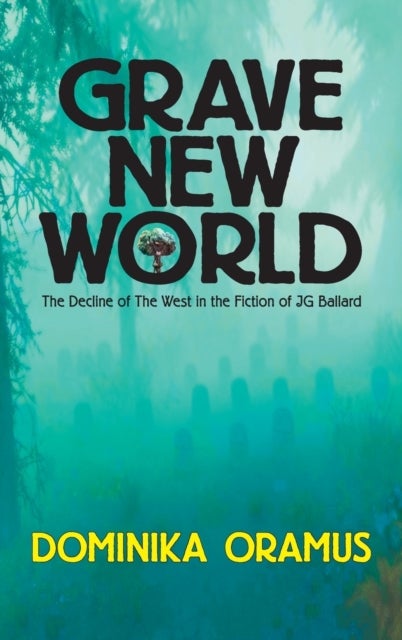
Grave New World av Dominika Oramus
329,-
<p>In this fascinating book <strong>Dr Dominika Oramus</strong> reads J.G. Ballard’s fiction (and some of his non-fiction) as a record of the gradual internal degeneration of Western civilization in the second half of the twentieth century. In sundry ways and styles Ballard’s ostensibly very heterogeneous oeuvre depicts the same intangible catastrophe that has happened to the world. Contemporary reality is thus presented in his late prose as “post-apocalyptic”: though we are not literally living amidst the ruins, the golden age is far behind us and we are witnessing the twilight of the West. Oramus achieves two aims in this study. First, the revelation of the <strong>Grave New World</strong>, that imaginary territory Ballard describes in his books, which is a combination of the turn-of-the-millennium world, intertextual allusions to both fiction and non-fiction, and Ballard’s projections for the near future with its sociological idiosyncrasies. Oramus show








